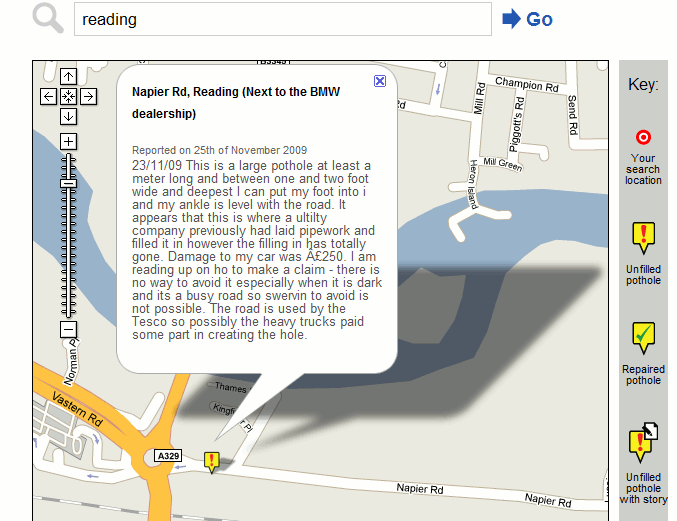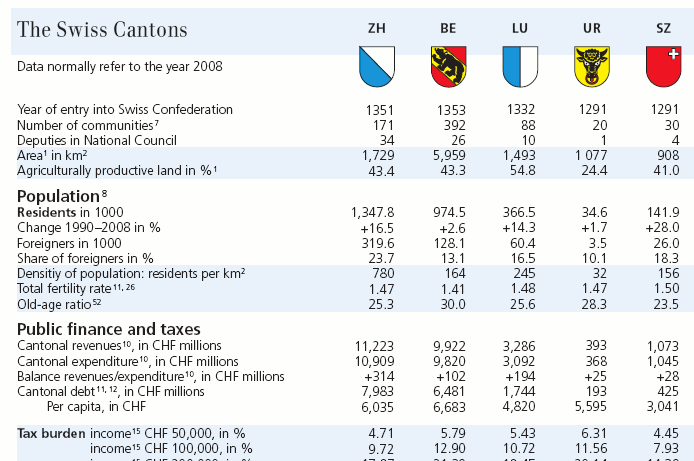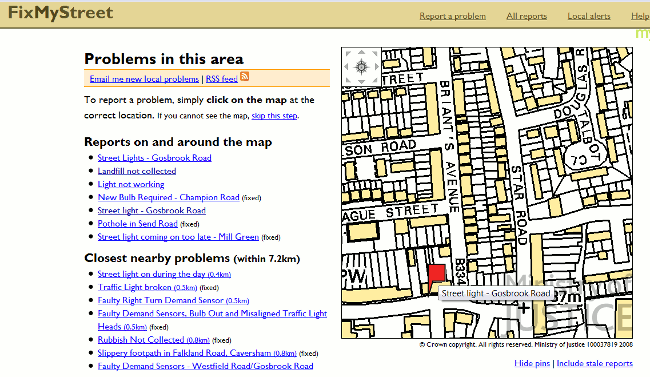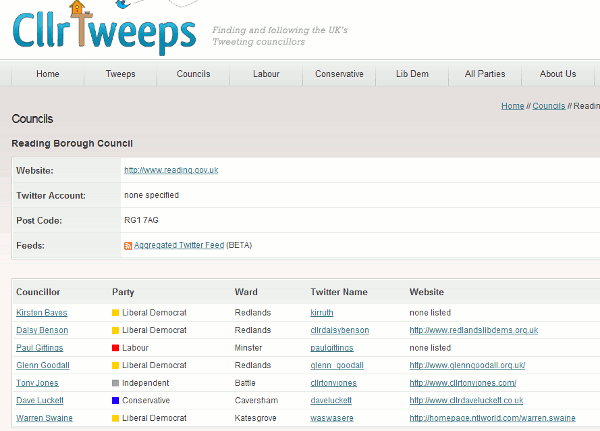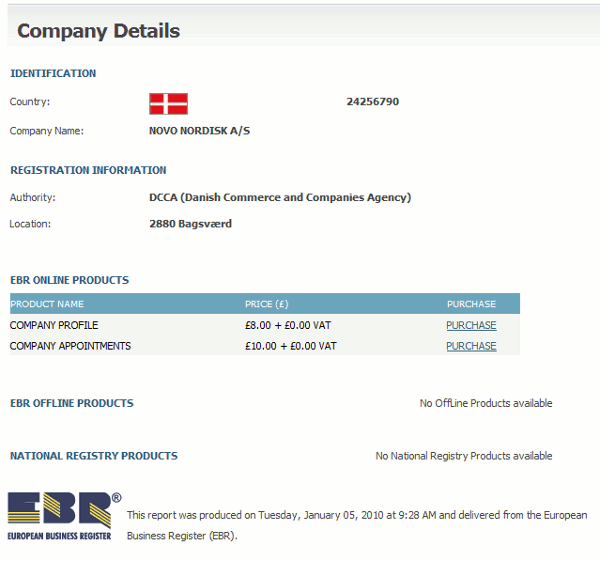So you are an RSS addict but your favourite news page does not have an RSS feed. There are plenty of tools that will monitor a web page and notify you of changes by email or RSS (see my list Monitoring Web Page Changes at http://www.rba.co.uk/sources/monitor.htm) but now Google Reader also has an option that will allow you to monitor changes to most web pages. All you need to do is log in to Google and open Google Reader, click on Add a subscription, and then enter the URL of the page you want to monitor. That’s it.
I am testing it out on 3 web pages and comparing the results with Page2RSS and the desktop program Website Watcher. My comparison has only been running for 12 hours but already there are differences between Google Reader and Page2RSS. Google Reader is picking up more changes than Page2RSS, which is not surprising because Page2RSS checks a page just once a day and Google checks pages more frequently. But what I did not expect was that Google would miss a major change that Page2RSS picked up. Had I bothered to look at the web page when Google Reader had told me it had changed I would have spotted the new text that it had missed but the temptation is to just view the reported change in Google Reader. Website Watcher, though, has come up trumps every time and picked up all changes to the pages, probably because I told it to check the pages in question every 10 minutes.
The initial stages of my trial suggest that Google Reader is a good way to track changes to web pages as long as you only need to know if a web page has changed in some way and as long as you go to the live web page to view the changes. It seems that if a web page changes frequently throughout the day it will not pick up and report every single change. Google Reader checks pages at pre-determined time intervals but I expected it report on all of the changes since it’s last report. It doesn’t and that puzzles me.
If you really need to know about web page changes as soon as possible then a desktop tool such as Website Watcher is the bees knees. You can choose how often it checks the pages and you can also tell it look for specific keywords – useful if you are waiting for a product launch announcement for example. Website Watcher can also easily monitor whole directories of pages. It is not free – prices start at 29.95 euros (see http://www.aignes.com/shop.htm for details) – but it gives you far more options and control than Google Reader.
